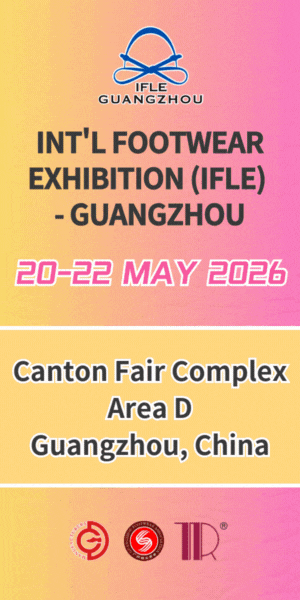ANCI urges MEPs to keep anti-dumping measures
President of the Italian Footwear Manufacturers’ Association (ANCI) and of the European Confederation of the Footwear Industry (CEC), Vito Artioli, has sent an open letter to Italian EU Parliament delegates concerning anti-dumping measures.
Anti-dumping measures imposed on leather shoes from China and Vietnam expired last October, but are still in force following the opening of a new investigation, and both ANCI and CEC are hoping they will be renewed. The investigation began in November and a decision is to be announced shortly.
On October 2, Mr Artioli wrote: “To date, entrepreneurs in the Italian and European footwear industry—which ANCI and CEC represent as the only official liaisons representing the sector for the institutions delegated to deliberate on the matter—are waiting for an announcement. This is why we are asking for the support of our European Parliament members so that the Anti-dumping Committee, first and foremost, and the European Council, after, will vote in favour of extending the term of the customs duties.”
He continued: “The anti-dumping import duty does not intend to be a protectionist measure and we have never considered this measure to be a resolution nor a replacement for reciprocal respect and correct competition. Import duties are temporary tools to partially compensate for the lack of reciprocal terms and the existence of unequal competitive conditions.
“I would also like to underline that unfair competition is also detrimental to consumers. Far from being damaged by the ‘dreaded’ price increases caused by customs duties which are tiny percentages of very low average import prices, in the long run, consumers could lose their ability to choose, suffering the negative consequences of an Asian monopoly. Consumers pay for the profits and the enormous margins that importers continue to make by bringing products into the European Union at prices lower than the prices that the same products would have if sold on the Vietnamese or Chinese markets."
His letter also speaks about mandatory origin labelling for products imported into the EU. “The policies supporting origin labelling are an absolute priority for us," he wrote. “Transparency with regard to the consumer is an essential principle and therefore, it is vital to regulate it, putting an end to the reprehensible opaqueness that has been going on for too long. Application of an origin label on a pair of shoes is not an obstacle to the free circulation of merchandise, but rather, it is simply a more equitable and expedient instrument to bring together the commercial dynamics of the offer versus the consumer's right to be informed. This right is already protected by the more developed and larger world markets, such as the United States, Canada, Japan, Australia and China, where manufacturers are required to indicate the origin of the merchandise.
“We feel it is essential that all the Italian political forces present in the European Parliament express their official support of this battle so that we can finally create a common framework of rules for operating in a system of fair world competition and in compliance with the right to information and equal access to the market."








